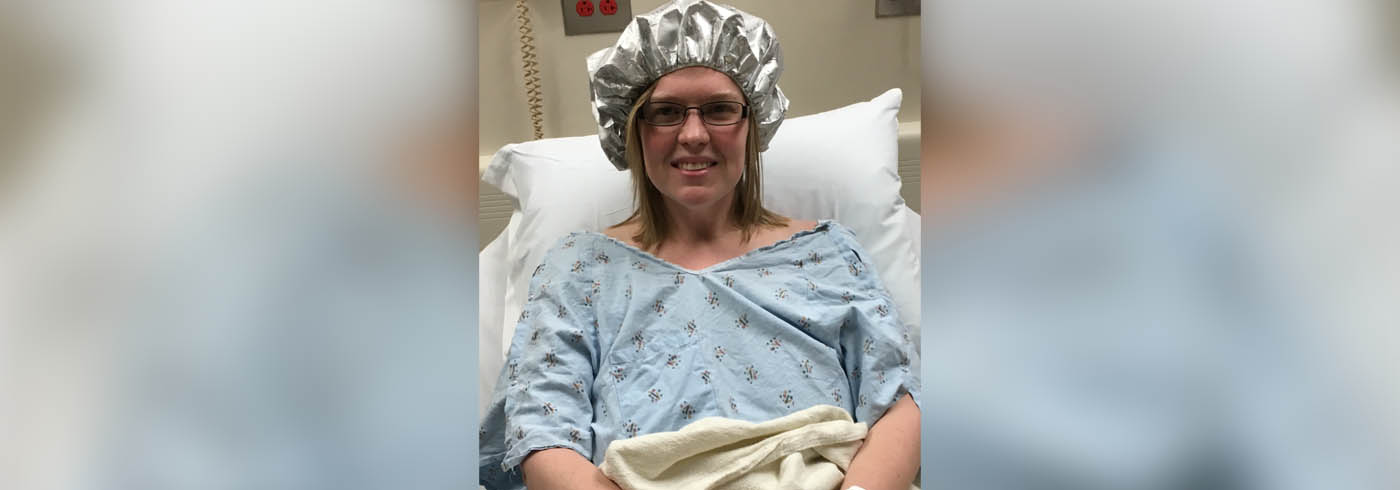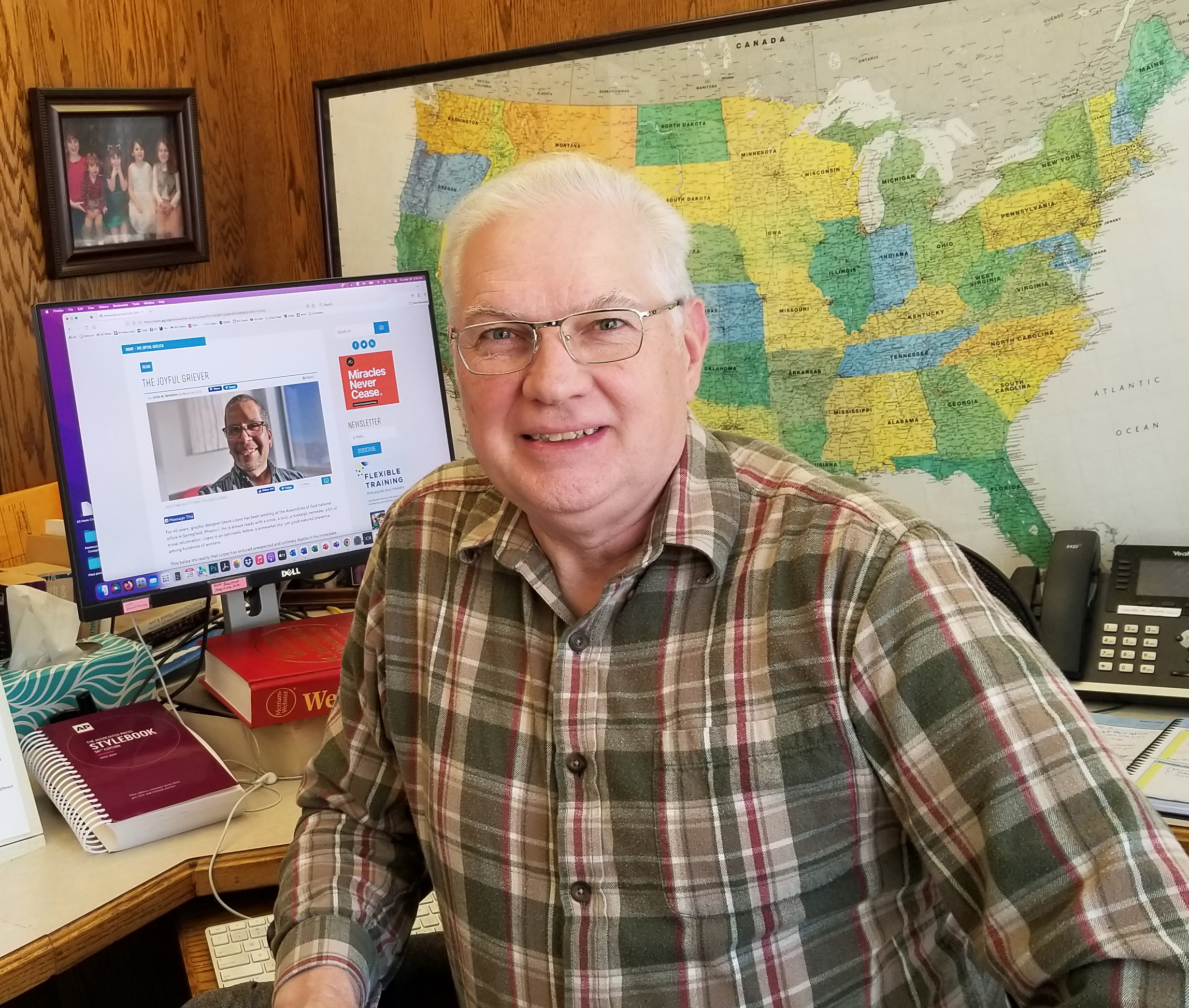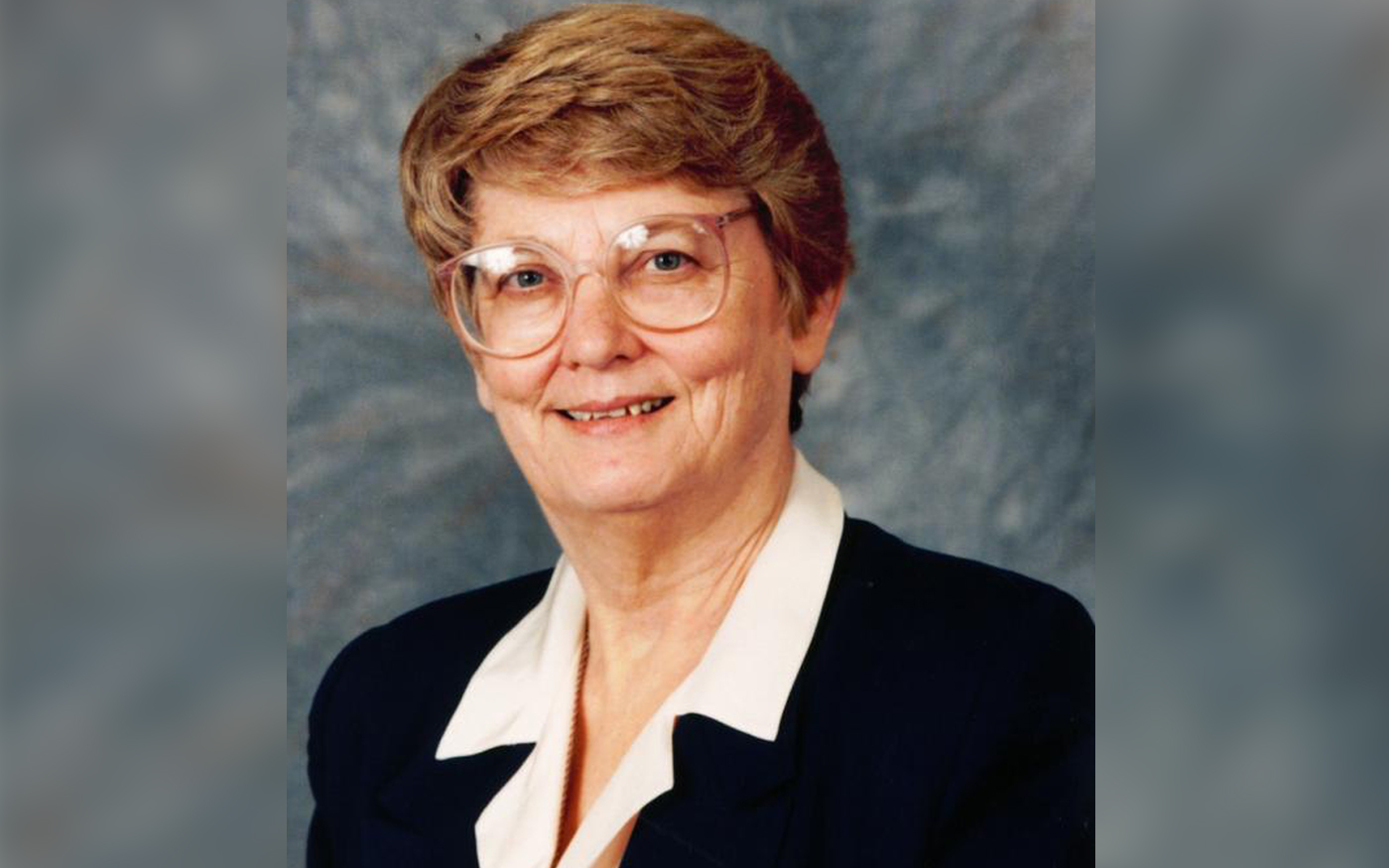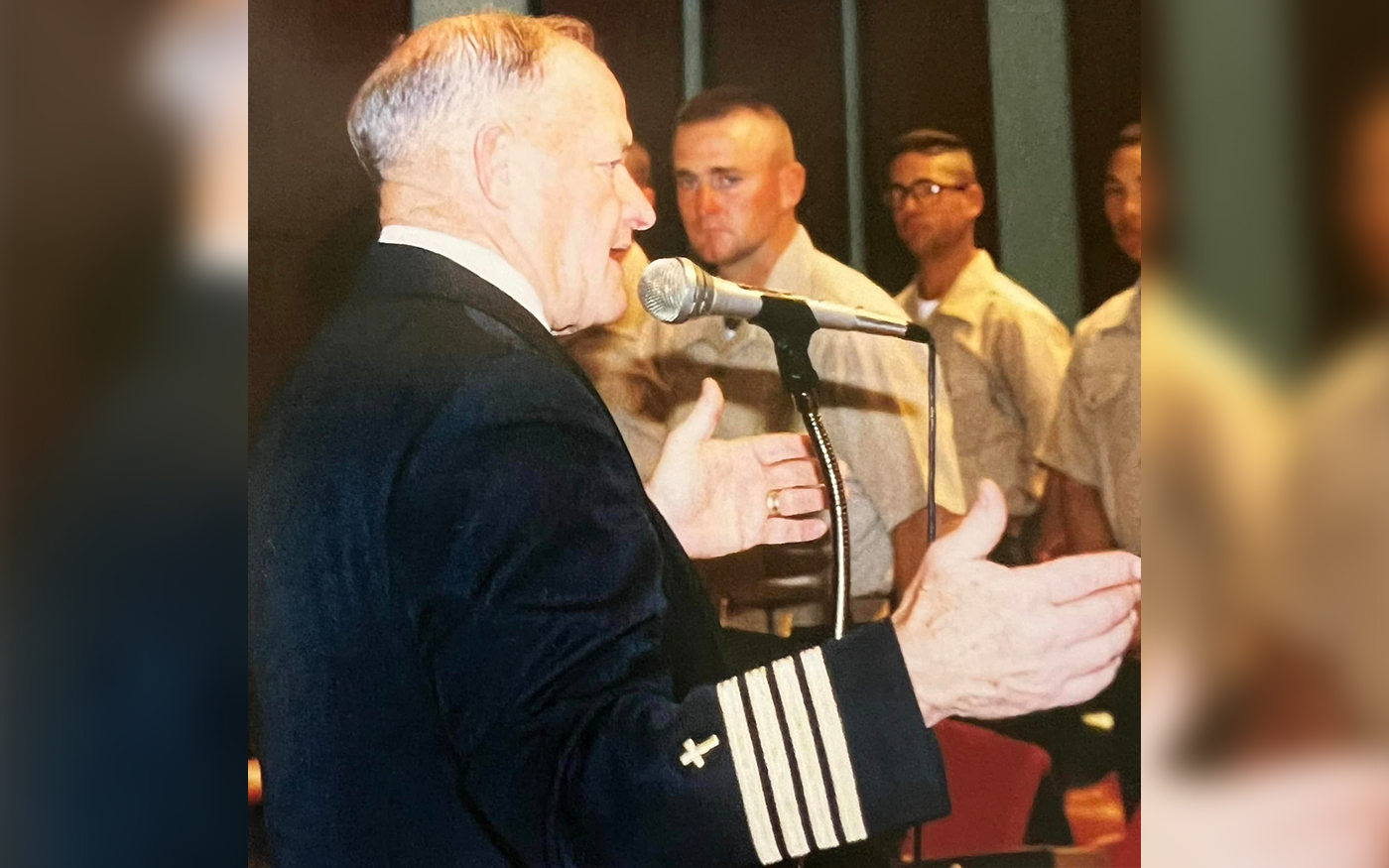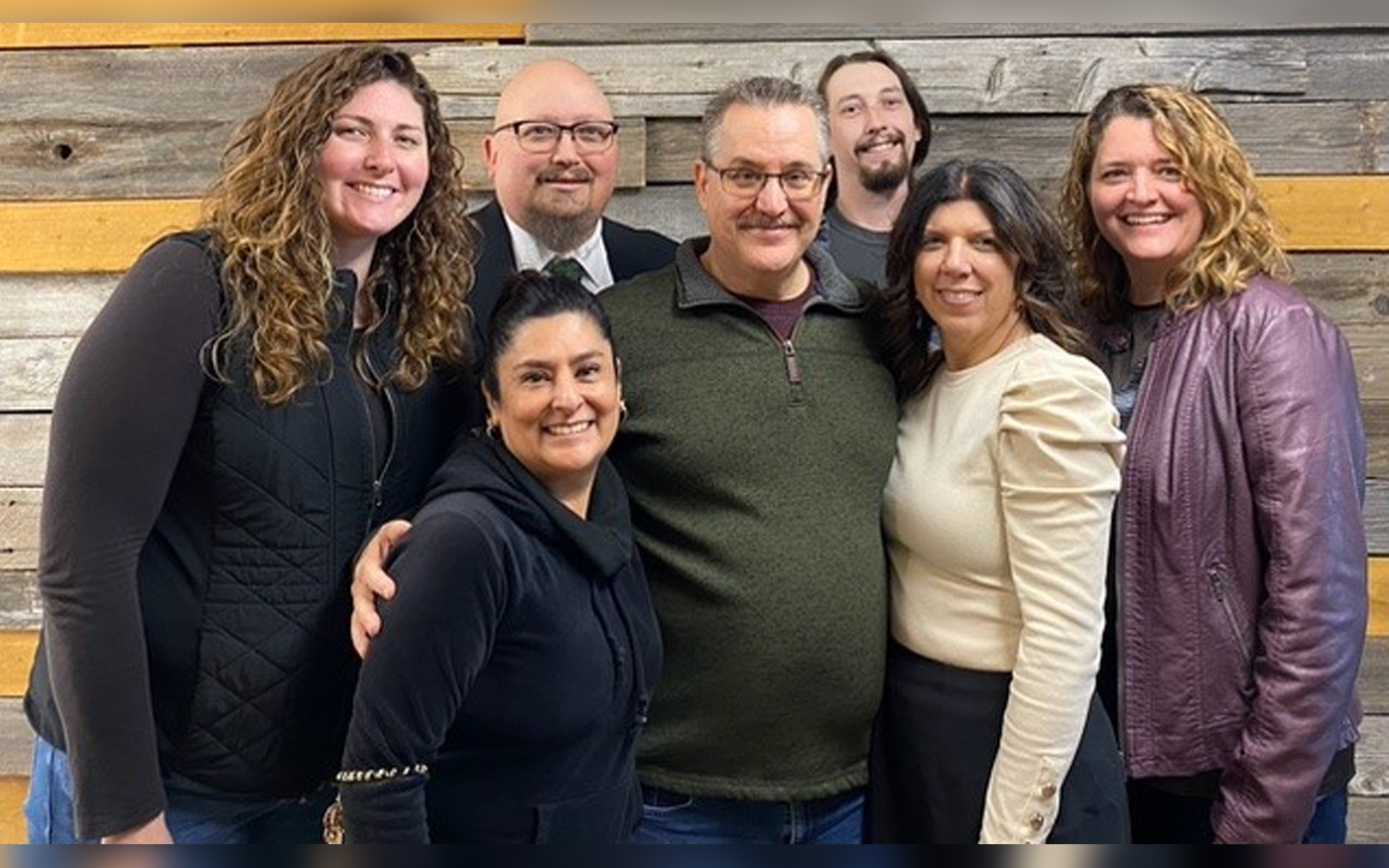Honoring Organ Donors
When U.S. Missions health care chaplain Cristy Sutton grieves with loved ones of dying hospital patients, her empathy is more than theoretical.
“I can stand at the foot of the bed and see myself lying there,” says Sutton, a chaplain at Ascension Sacred Heart Hospital in Pensacola, Florida. “It has given me more of a passion for chaplaincy.”
In May 2016, Sutton faced the possibility of losing all her reproductive organs after medical tests uncovered an ovarian tumor. A surgeon removed a basketball-sized mass, along with one of her ovaries and one of her fallopian tubes.
Experiencing the same symptoms just two months later, a computerized tomography scan revealed another three masses on her liver. Because of her recent operation, doctors monitored the situation rather than removing the tumor immediately. But by May 2017, the pressure from the growth on her GE junction — where the stomach and esophagus meet — caused a specialist to worry that Sutton’s aorta might be endangered.
She underwent the knife again. As with most any operation, Sutton faced the remote possibility of not making it through the procedure. As she waited in pre-op to have the largest liver mass removed in a partial hepatectomy, Sutton gazed across the hall, and saw two patients waiting to go into surgery to receive transplanted organs. Her thoughts then drifted to the families of those who donated the organs.
In the meantime, the two small masses that remain in Sutton’s liver aren’t causing her problems. Her medical team suspects steroid treatments Sutton received for Crohn’s disease initially triggered the tumors. Sutton continues to receive Entyvio infusions that are akin to chemotherapy every six weeks for the lifelong, chronic illness she has dealt with since 2007.
FULFILLING THE CALL
Despite all her health challenges, the Alabama native didn’t waver from a full-time ministry calling she sensed at the age of 15. The specifics of that mission began to clarify at 19 when Sutton worked as a patient registrar in a hospital emergency room. After she heard a doctor telling a boy that his uncle had just died in a trauma bay, Sutton felt the Lord indicate that she would be helping people in similar situations. At that point in her life, Sutton had never experienced walking anyone through dying — or even through sickness.
Sutton’s ministry career crystalized during her third semester at Central Bible College when she learned about hospice chaplaincy at a chapel service. She ended up volunteering at Good Shepherd Hospice her remaining years at the Springfield, Missouri, school. Twice during her college days, she had to return home for extended stays for Crohn’s disease treatments. However, Sutton didn’t relinquish her goals, and returned to finish as part of CBC’s final graduating class in 2013.
Sutton earned a Master of Divinity degree and completed five units of Clinical Pastoral Education that included two internships and a yearlong residency at St. Francis Hospital in Columbus, Georgia.
After being endorsed as an Assemblies of God chaplain in 2017, Sutton began working as one of seven chaplains at Ascension Sacred Heart Pensacola, a 566-bed hospital. Her thoughts returned to the families who lose a loved one unexpectantly, sometimes shockingly. While the organs of those patients are recovered to enable another person to live, the relatives of the deceased often leave a medical facility alone in their grief.
So, Sutton, inspired by the Lord, devised a plan to have a ritual for such families that will memorialize the donor as a final sacred gesture just before the end of life. Since last year, 14 such “honor walks” have been conducted at Sacred Heart Hospital.
The ceremony she created involves anywhere from 20 to 80 hospital personnel (depending on who is available) lining the hallway between the intensive care unit and the operating room (where the organs are recovered) to say farewell to the organ donor. The “Walk of Love” honors the donor and supports the family in need.
Before Sutton came up with the idea, families often just left the facility sobbing to themselves. This way, there is a solemn remembrance acknowledged by those outside the family.
A “Donate Life” flag is draped over the body like a blanket as the donor is wheeled through the corridor for the final time. Sutton or another supportive chaplain folds the flag and presents it to the next of kin, and will say a prayer or play a song if requested. The brief formal service is designed to alleviate some of the alienation and loneliness relatives feel as they depart.
“We can’t give the families their loved one back, but we can do a Walk of Love,” says Sutton, 31. “Families that donate are still lonely and shocked. They don’t get to hug their loved one goodbye.”
ORGAN DONATIONS
Some people in such circumstances already have made the decision to register as an organ donor. If not, a representative from LifeQuest unobtrusively approaches the legal next of kin explaining the option of organ donation. LifeQuest is the federally designated organ procurement organization in northern Florida.
“There is no good time to have a conversation with someone who has just experienced the most tragic and unexpected loss,” says Jane S. Wilhoit, 58, LifeQuest senior hospital services coordinator. “There has to be a loss of life for this extraordinary gift to be made.”
Nearly 110,000 Americans are on a waiting list for organ transplants. Florida, with over 11 million residents registered as potential donors, ranks third in the U.S.
Circumstances in which someone has been declared brain dead include a stroke, motor vehicle accident, and gunshot wound. Although their heart is still beating, patients are kept alive by means of artificial support on a ventilator for 48 to 72 hours in order to donate organ(s) to a recipient. Up to eight organs can be transplanted: kidneys, lungs, liver, heart, pancreas, and intestines.
However, Wilhoit notes that only 2 percent of deaths occur under conditions that make an organ donation feasible.
Still, Wilhoit commends Sutton for implementing a ceremony that includes a flag gift, a ritual that has been adopted by multiple medical centers around the nation. A Donate Life flag is flown below the U.S. flag at Sacred Heart Hospital throughout the donation process.
“The Walk of Love serves the family and it honors the staff, too,” Wilhoit says. “Cristy’s vision for these families moves them in their greatest time of loss. Before, they walked out of the hospital with nothing but their grief and sorrow.”
[PhotoGallery path = "/sitecore/Media Library/PENews/Photo Galleries/Sacred Heart]
 ASSEMBLIES OF GOD
ASSEMBLIES OF GOD

